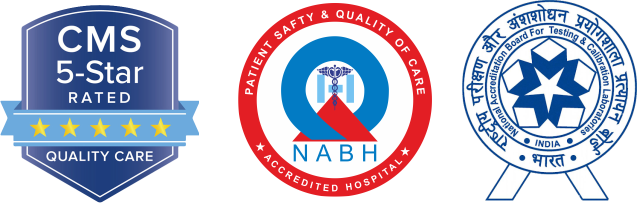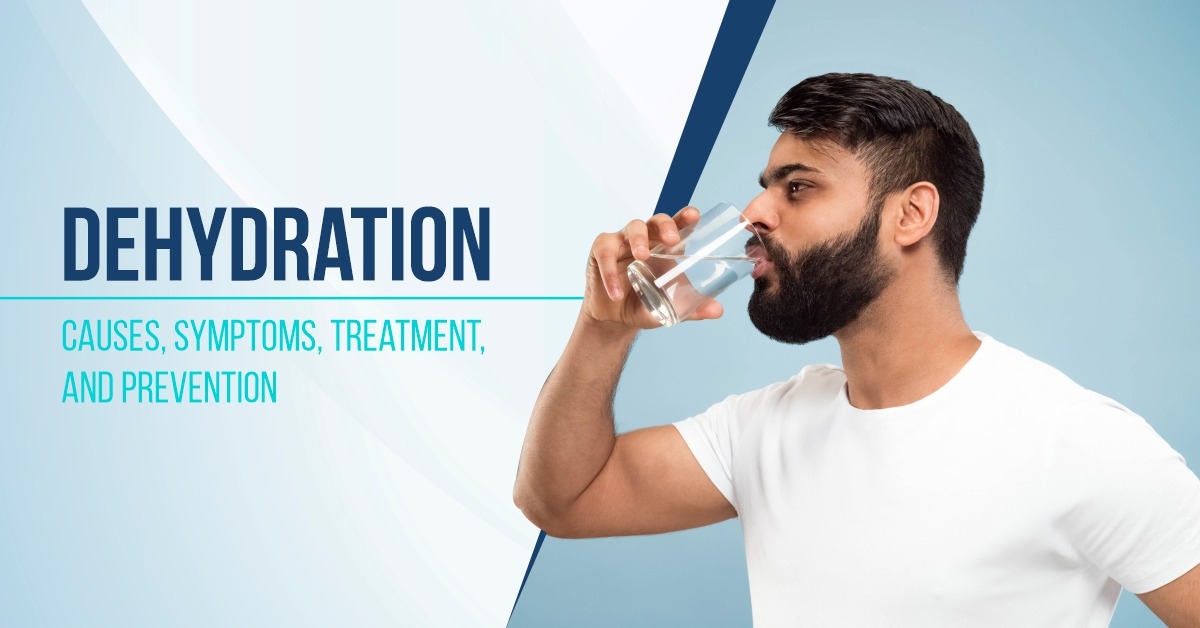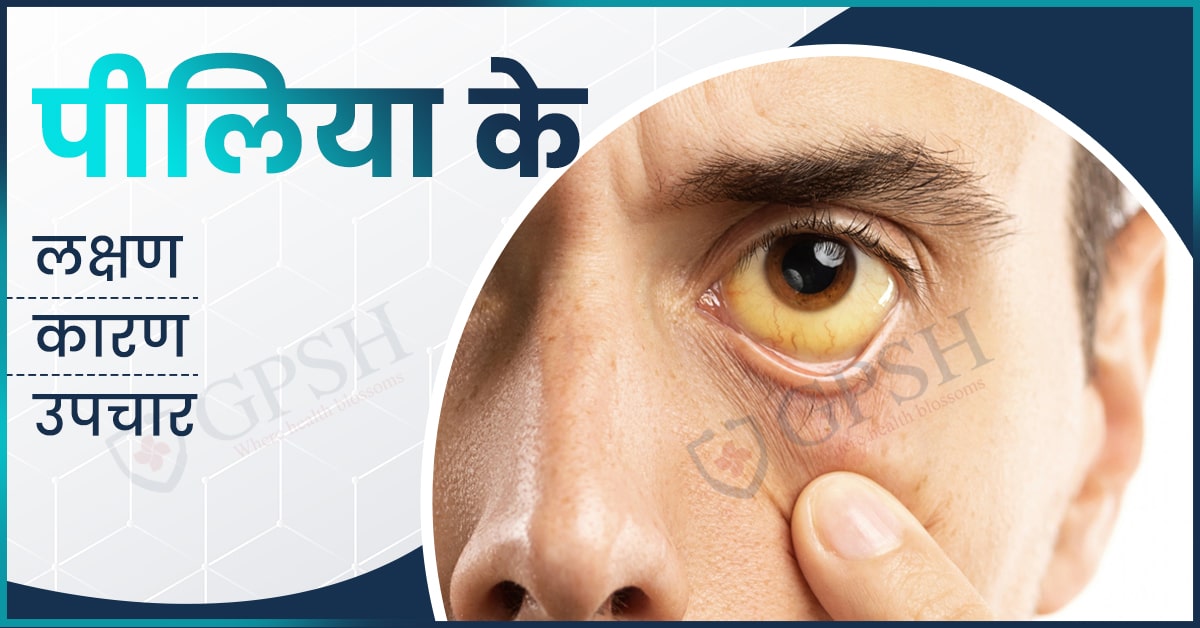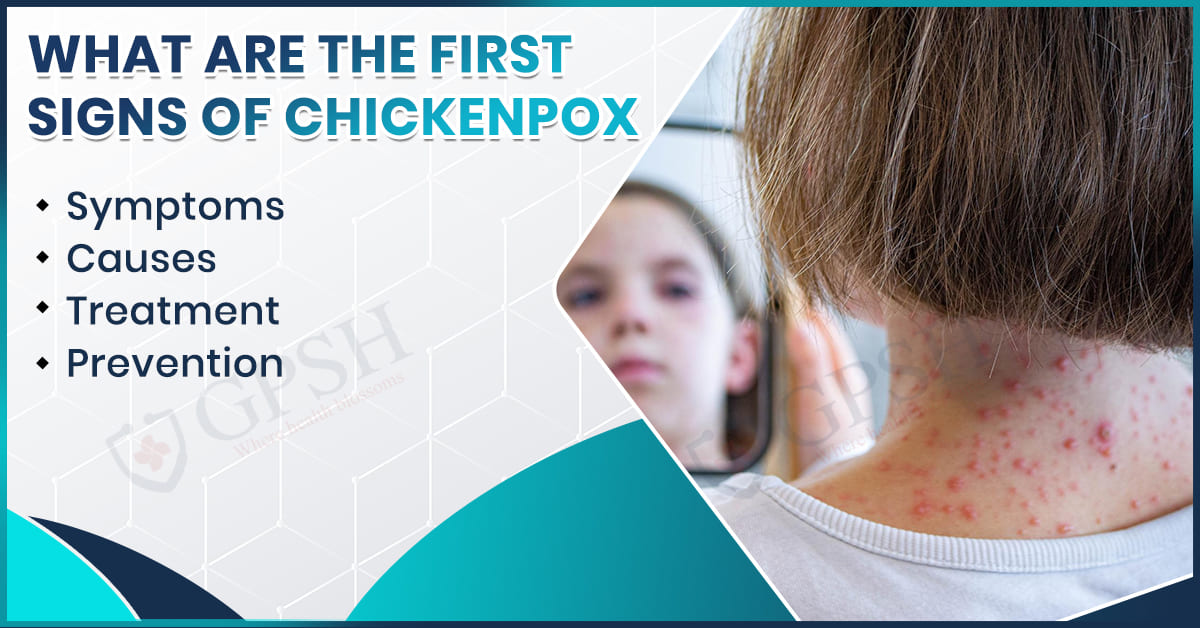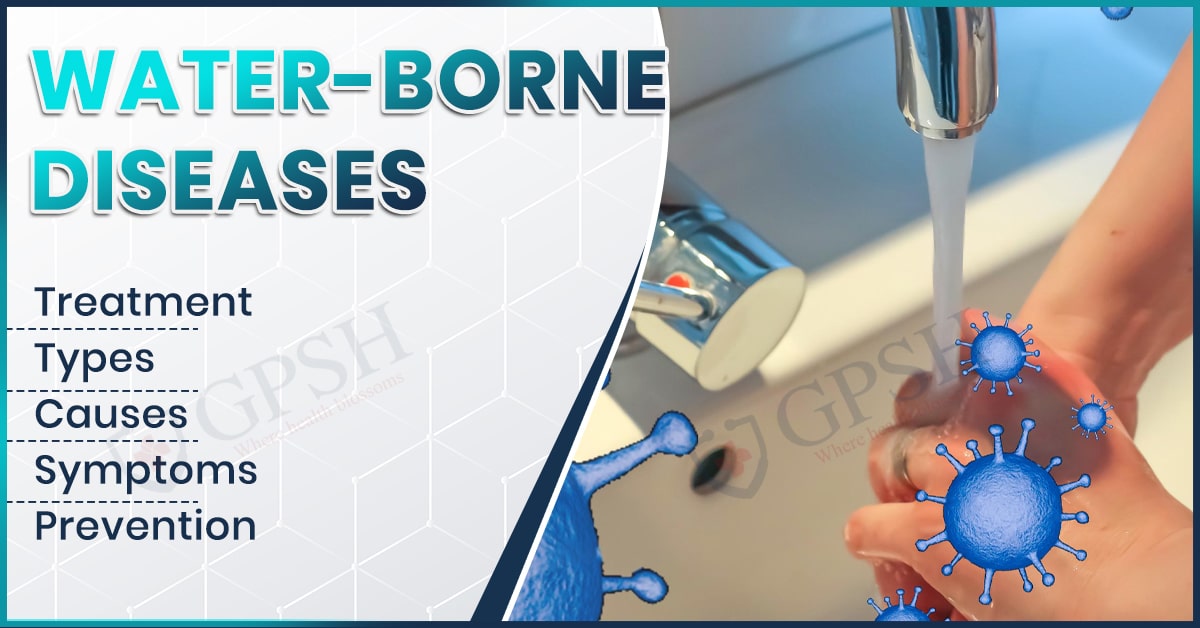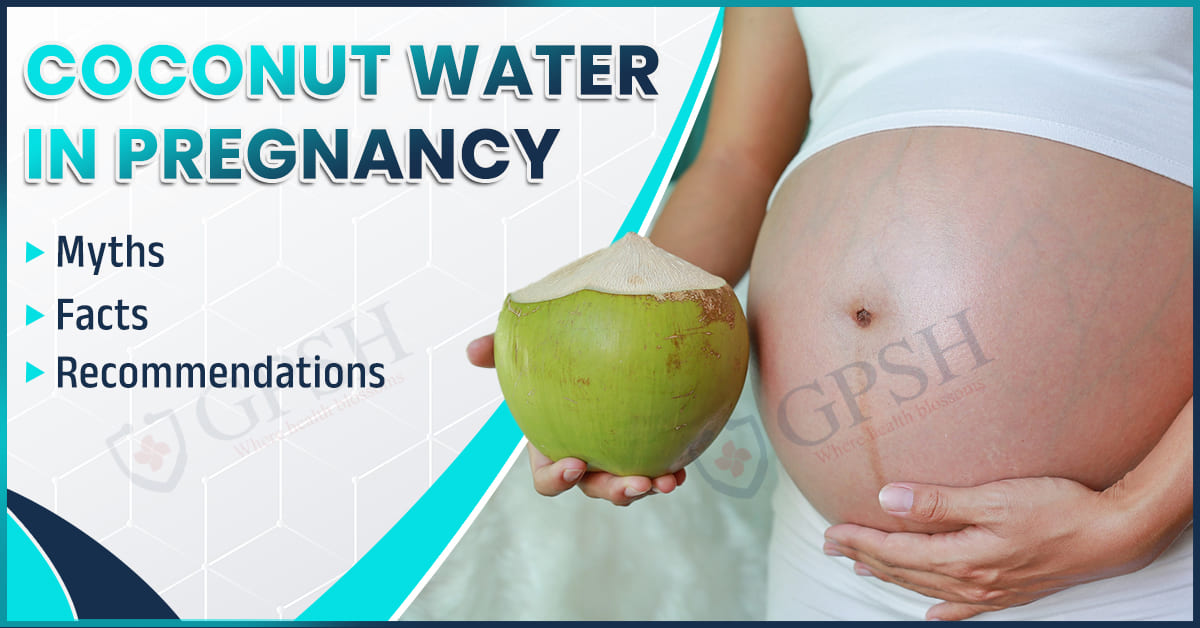Water deficiency leads to dehydration when there is an insufficient supply of water in the body. If the brain and kidneys are working properly, however, the body will be able to adapt to minor changes in water intake. Water can be consumed enough to catch up on a regular day’s water loss, but you may not be able to do so if you are vomiting, have diarrhea, are exposed to excessive heat, or have a fever.
The elderly, infants, and children are all more susceptible to becoming dehydrated. Seniors are less able to recognize how dehydrated they are, which in turn can lead to them not drinking enough fluids. Diarrhea and vomiting cause proportionately more fluid loss in infants and young children than in older children and adults.
In some cases of dehydration, mild dehydration, however, may be fatal. When the body’s supply of fluids is drained below a certain point, hypovolemic shock may result.
Dehydration Risk Factors:
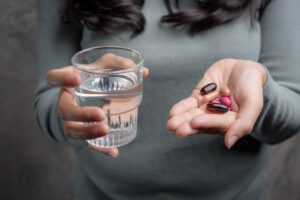
Dehydration isn’t restricted to athletes exposed to direct sunlight. Bodybuilders and swimmers are also susceptible to dehydration. Swimmers lose a lot of sweat when they swim, so they can sweat and water.
People with certain conditions are at higher risk for dehydration, including:
- Welders, landscapers, construction workers, mechanics, and others who work outside in excessive heat should use protective equipment.
- Older adults.
- People with chronic conditions.
- Running, cycling, and soccer athletes are among the most active types of athletes.
- Infants and young children.
- People who reside in high altitudes.
You Can Read Also: CIRRHOSIS: CAUSES, SYMPTOMS, PREVENTION & TREATMENT
How does dehydration develop?
The Causes of dehydration development are as follows:
Dehydration occurs when one does not take in enough water or when one loses too much water.
There are times when we cannot consume enough fluids due to being too busy, lacking access to drinking water, or in an area with no potable water (such as when hiking or camping). Other causes of dehydration are:
- Diarrhea: Diarrhea is the main cause of dehydration. Food affects water absorption in the large intestine, and diarrhea prevents this process. The body excretes excessive amounts of water, leading to dehydration.
- Vomiting: The result is loss of fluids and difficulty replacing them with water.
- Sweating: During the body’s cooling process, large amounts of water are released. Humidity and exercise can also cause a greater loss of fluids. Similarly, a fever may increase sweating and cause the patient to become dehydrated, especially if there is diarrhea and vomiting.
- Diabetes: Diabetes patients with high blood sugar levels experience increased urination and fluid loss in the summer heat. Tips for handling summer heat.
- Frequent urination: Diabetic neuropathy is usually caused by uncontrolled diabetes, but it can also be caused by alcohol and medications like diuretics, antihistamines, blood pressure medications, and antipsychotics.
- Burns: Damage to blood vessels can lead to fluid leaks into the surrounding tissue.
What are the signs of dehydration?
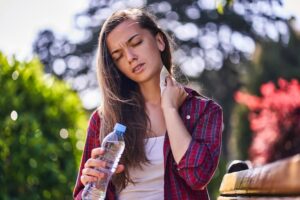
When dehydration is mild, symptoms may appear before total dehydration occurs. If it is severe, symptoms may appear sooner rather than later.
Dehydration can cause mild to moderate symptoms, such as:
- fatigue
- dry mouth
- increased thirst
- decreased urination
- less tear production
- dry skin
- constipation
- dizziness
- lightheadedness
- headache
The following symptoms of severe dehydration are likely to occur in addition to the symptoms of mild dehydration:
- excessive thirst
- lack of sweat production
- low blood pressure
- rapid heart rate
- rapid breathing
- sunken eyes
- shriveled skin
- dark urine
The following symptoms and signs of severe dehydration should get you immediate medical help:
You can also Read: WHAT IS DANDRUFF? SYMPTOMS, CAUSES, DIAGNOSIS, TREATMENT, AND PREVENTION
How is dehydration diagnosed?
The symptoms of dehydration are determined both on a physical and mental level by a doctor. The symptoms of dehydration include fatigue, headache, low blood pressure, rapid heartbeat, fever, lack of sweat, and inelastic skin.
Electrolytes regulate hydration in the body, and they are crucial for nerve and muscle function. Blood tests are frequently used to test kidney function and check sodium, potassium, and other electrolyte levels.
Performing a urine analysis can provide important information about hydration levels in a person. Dehydrated individuals tend to have darker urine and their urine contains compounds called ketones.
A sunken soft spot on the skull is often a sign of dehydration in infants. Doctors may also observe a loss of sweat and certain muscle tone characteristics.
Strategies to treat dehydration:
Here are the five best ways to rehydrate quickly, whether you or someone else is concerned about hydration.
Water:
Keeping hydrated and rehydrating is usually the best and most cost-effective method.
Unlike a lot of other beverages, water does not contain added sugars or calories, making it the ideal drink to consume throughout the day or specifically after exercise to rehydrate.
Many factors, including genetics, contribute to some people losing more sodium through sweat than others. If your sweat stings when you’re sweating, you might be a “salty sweater.”
After an intense or lengthy exercise in hot environments, ensure that you replace the fluid you lose through sweat and the sodium you lose.
Coffee and tea:
Caffeine is a stimulant found in coffee and tea, which can dehydrate temporarily in excess amounts due to its diuretic properties.
In moderation, however, both coffee and tea can serve as an energizing alternative to water and help you stay hydrated.
It takes roughly 250–300 mg of caffeine to dehydrate you. Therefore, two to three cups of coffee or five to eight cups of tea are equivalent to 2 to 3 two-ounce (240-ml) cups of caffeine.
Skim and low-fat milk:
Milk provides a host of nutrients, as well as great hydration. Milk naturally contains high concentrations of electrolytes, which help regulate your body’s water balance.
After extensive exercise, skim and low-fat milk can rehydrate you just as much as popular sports drinks, while also providing you with protein and other important nutrients.
Milk contains a high level of protein, making it a great post-exercise beverage for kickstarting muscle repair and growth
Fruits and vegetables:
Fruits and vegetables contain 80–99% water, making them the perfect snack for hydration. Compared to highly processed foods such as cookies, crackers, cereals, and chips, highly processed foods contain 1 to 9% water.
Water-rich fruits and vegetables include:
- berries
- melons
- oranges
- grapes
- carrots
- lettuce
- cabbage
- spinach
Oral hydration solutions:
Dehydration caused by diarrhea or vomiting can be treated with oral hydration solutions. Besides boosting exercise recovery, they are recommended for treating hangovers or preventing them.
Typically, these solutions are water-based and contain electrolytes such as sodium, chloride, and potassium, in addition to sugar, typically in the form of dextrose. Other ingredients that may be present include prebiotics and zinc.
A simple rehydration solution can be made using water, salt, and sugar at home. Sugar and electrolytes are present in oral hydration solutions.
How can I prevent dehydration?
5 top tips for preventing dehydration.
- Know-How Much Water You Need: Instead of drinking eight glasses of water a day, you need to drink water according to your weight and activity level to avoid dehydration.
- Sip Regularly: Drink as soon as you feel thirsty since dehydration usually occurs when you are very thirsty. Don’t forget to keep a full water bottle with you wherever you go. It’s easy to get caught up in the day that we forget to drink.
- Eat Hydrating Foods Every Day: Consuming produce that is high in water content is a good way to prevent dehydration. You can hydrate your body throughout the day by eating hydrating foods such as grapes, berries, and melons.
- Don’t drink anything other than water: Even though soda, coffee, tea, and alcohol are diuretic drinks, they cause dehydration symptoms even though they may quench your thirst. Dehydration can be prevented by avoiding or limiting their consumption.
- Hydrate More During Exercise: While exercising, you sweat and lose some of your body’s fluids. The more water you lose, the more sweat you make. It’s important to replenish the water in our bodies since they are largely composed of it.
You should avoid dehydration at all costs, whether you work out every day or once a week, says Shekhawati Hospital.

